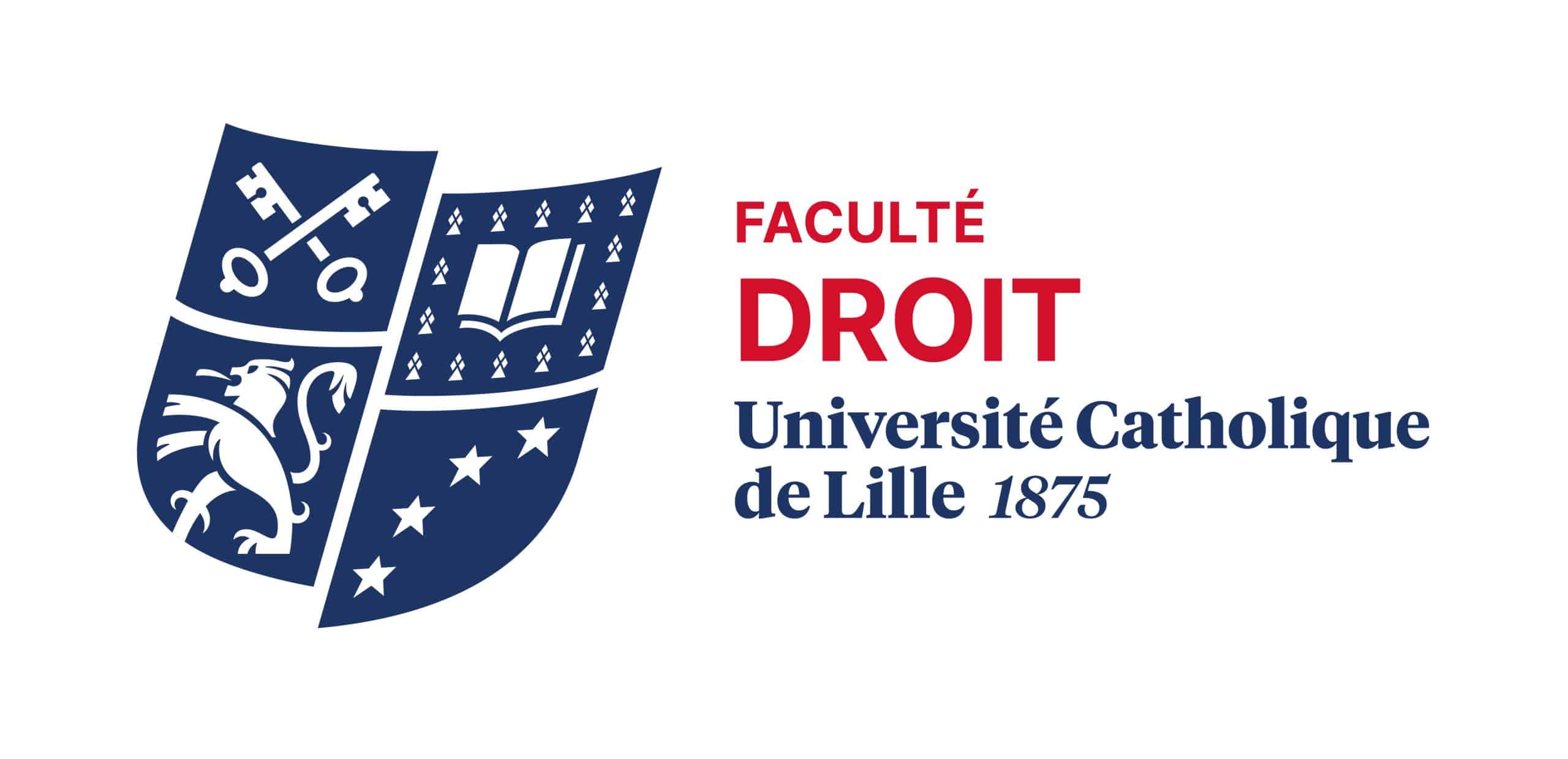
Intellectual Property
Etablissement : Faculté de Droit – Lille et Issy-les-Moulineaux
Langue : Anglais
Formation(s) dans laquelle/lesquelles le cours apparait :
Période : S2
No specific knowledge is required to follow the course. However the students are expected to have a general background knowledge of civil law (knowing the difference between an usufruct and a property right for example) and of institutional European law (difference between a directive and a regulation for example).
The course includes a general introduction and covers the most important Intellectual Property Rights in a European perspective.
The general introduction highlight the importance of IP law in today’s economy, presents shortly all types of IPR’s, the European and international legal framework and the alternative means of protection of immaterial assets (unfair competition law and trade secrets).
Three types of IPR’s are presented in detail: copyrights, patents and trademarks. For each of these IPR’s, the following elements are presented: the legal framework, the origin and the function of the IPR, the subject matter of the IPR and the criteria for protection, the scope of the IPR, the limitations and the exceptions, the ownership, the transfer and the licenses and the term of protection.
At the end of the course, the student should be able to:
- Know what the different intellectual property rights are and have a general overview of the different types of IPR’s
- Have a global understanding of the importance of IP law in a globalized economy
- Have a deep understanding of trademarks, patents and copyrights
- Know the content and the limitation of the major intellectual property rights
- Know the conditions for the protection for the major intellectual property rights
- Understand the purpose of the major intellectual property rights
- Select the appropriate intellectual property right for each type of subject matter (software, design, invention, shape, etc.)
- Analyse contracts in the field of intellectual property
- Understand the international trade issues related to intellectual property
- Understand the functioning of IP law within the internal market
- Apply key concepts of IP law in real-world situations
- Use the available procedural means to stop infringements to IPRs.
Introduction to Intellectual Property
Copyright
Patents
Trademar
Trade secrets

